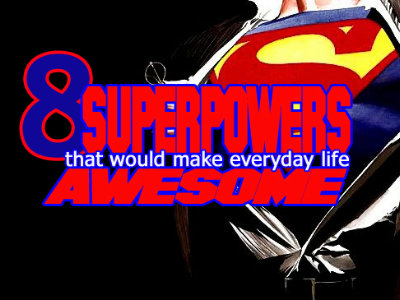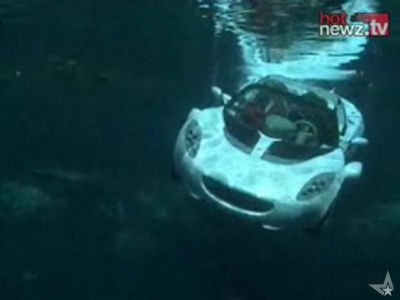What are some psychological tricks to pretend you're rich without using money?

Psychological tricks rich people use to look generous (without actually spending more money) | Bill Mei
https://billmei.net/blog/shopping
If someone gives you a coat that costs 8,000 yen, you might think, 'I got a cheap coat.' That's because 8,000 yen is a cheap price for a coat. However, if you receive a handkerchief that costs 7,000 yen, you might think, 'I got something expensive.' The reason is simple: 7,000 yen is a high price for a handkerchief.
As such, if you are giving a gift on a limited budget, giving a relatively inexpensive item like a handkerchief rather than an expensive item like a coat may make you appear generous without actually spending any money.

Mei said that this 'way for stingy people to pretend to be rich without spending money' is a conflict between products that prioritize practicality and products that prioritize hobbies and preferences.
For example, if you are thinking about buying a car, if you prioritize practicality, you will choose a car that is reliable, comfortable, has a lot of space for luggage, and is fuel efficient. In that case, May suggests the Honda
Practical thinking was also prevalent in old car advertisements, which often touted specific benefits, such as whether or not the car had reclining seats or good fuel economy.
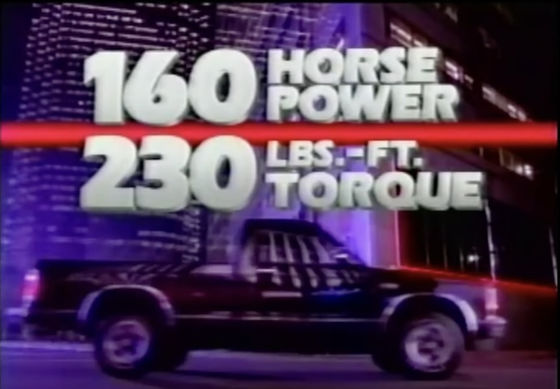
In contrast, most car advertisements these days are signaling-based, promoting 'the kind of lifestyle you will lead as a car owner' and 'the kind of person who buys this kind of car,' rather than promoting
NX | LEXUS OVERTRAIL PROJECT - YouTube
This is a way of thinking that leads to 'how even stingy and unpleasant people can pretend to be rich without spending money,' and May explains the three elements of signal transmission: waste, accuracy, and reputation.
1: Useless
Waste is a way for the wealthy to demonstrate their status. The Palace of Versailles, the Great Pyramids of Giza, and the Terracotta Warriors of China are all prime examples of such displays of waste.
Examples of modern waste include 'big, noisy, smoke-belching Ford F-150s ,' 'flashy casinos,' 'golf courses in the middle of the desert,' and 'pyramid-shaped monuments at Bass Pro Shops.'

Waste is the simplest way to signal, but it's also the most blatant: 'It takes as little brainpower as a bird building a nest out of discarded tinfoil, so pushing out waste often comes across as 'cheap,'' May writes.
In recent years, as environmentally friendly efforts are being promoted around the world, wasteful signaling is becoming less common. However, wastefulness remains the 'most honest way' of signaling, May points out.
As one way for 'stingy, stingy people to pretend to be rich without spending money,' Mei suggests buying 'gorgeous-looking designer furniture made from artificial wood, which is cheaper than natural wood.'
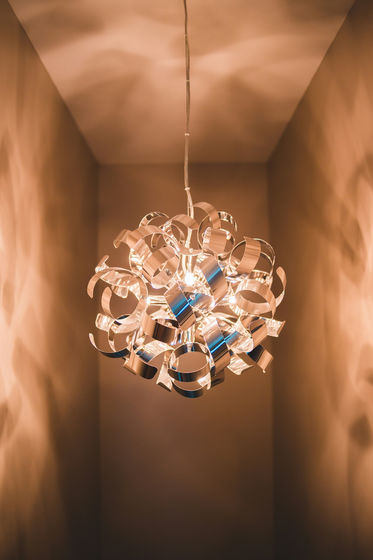
2: Precision
Precision is about showcasing how much work, effort, craftsmanship, etc. went into the product.
For example, handmade furniture that is difficult to clean and handmade mattresses made from horsehair are valued for their 'handmade' nature, even if they lack practicality. In addition, smart refrigerators, smart light bulbs, smart toothbrushes, and other 'smart' products that have become common in recent years also emphasize precision over practicality, according to May.
Also, Mei says precision is a 'greener answer' than waste. For example, in the case of automobiles, a 'big, noisy, smoke-belching truck' is a typical example of waste, while a 'zero-emission electric vehicle with high-performance autonomous driving sensors and dynamic headlights' is a typical example of precision. Both have the same performance as vehicles, but they are options for enjoying luxury in different directions.
In other words, if you want to use precision as a way to pretend to be rich without spending money even if you are stingy and hateful, you can buy 'handmade things' or 'cutting-edge products with a large number of features' at the same price.
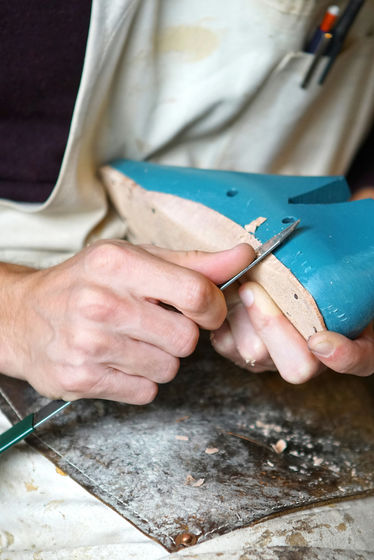
3. Reputation
Reputation refers to the brand or name recognition of something you buy, which has nothing to do with the actual product. Examples include a Rolex instead of just a watch, a Harvard degree instead of just a degree, voting for the most popular presidential candidate, or measuring content by the number of subscribers on a YouTube channel.
Rolex watches are no more accurate at telling time than Timex watches, and Gucci handbags are no more durable or better at carrying your belongings than other bags, but the reason we care about Rolex and Gucci is because we care about their reputation.
Reputation is overwhelmingly more environmentally friendly than waste or precision, but to gain a reputation, you need to spend more on advertising than others and win fierce competition. In fact, Coca-Cola, the world's most famous beverage brand, will spend $5 billion (about 780 billion yen) on advertising in 2023, so it's clear that this is not a strategy that anyone can follow.
If you use reputation as a way for stingy and unpleasant people to pretend to be rich without spending money, it would mean choosing brand name items even if they are the same price.

◆ Forum is currently open
A forum related to this article has been set up on the official GIGAZINE Discord server . Anyone can post freely, so please feel free to comment! If you do not have a Discord account, please refer to the account creation procedure explanation article to create an account!
• Discord | 'Tell me how to look rich!' | GIGAZINE
https://discord.com/channels/1037961069903216680/1247847381865857025
Related Posts:
in Note, Posted by logu_ii


